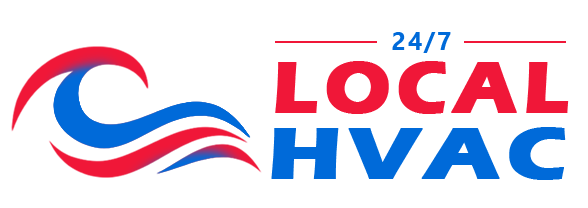Why Is My Furnace Blowing Cold Air? How To Fix [With Pictures]
You have a furnace blowing cold air, which means you are losing money and everyone is bundled up and shivering inside. Sound familiar? A broken furnace is stressful situation that can make everyone's life difficult. You need to call a furnace repair right away before it gets worse or if your furnace won't turn on. In the meantime, you know that this will happen again next year unless something is done! And if you have a heat pump blowing cold air or heat pump blowing room temperature air, learn more about your auxiliary heat here.
Find relief for the present and future. Once you know how to troubleshoot your furnace not blowing hot air, why it happens, and how to keep it from happening again, you'll never be in this situation again. So let's stir up some heat!
First, let's take a closer look at how your furnace works.
Get Furnace Repair From An HVAC Pro
How does A Furnace Work?
Let's talk about your HVAC system's heating cycle.
As soon as the indoor temperature drops below the thermostat's set temperature, the thermostat signals the control board located inside the furnace to begin the heating process. The combustion process begins by turning on the ignition switch, opening the gas valve, and turning on the draft fan. The combustion warms up the furnace's heat exchanger. As a result of the combustion, flue gasses are released outside by the heat exchanger and exhaust pipe. A blower fan drives room temperature air past the heat exchanger. The cool air absorbs the heat and and from there is forced through your home's air ducts. Now you know how the heating process works, let’s investigate what makes your furnace blow cold air.
If you have a malfunctioning furnace, it may be due to a number of causes, and our HVAC experts have seen it all before!
Now, let's get into the top reasons what makes a furnace blow cold air:
Furnace Blowing Cold Air Because Of No Fire

Your furnace not blowing hot air could be due to the ignition failing to start. Without an ignited burners, your home will never get heated up! Now that we know where this problem lies- let's take a closer look at what may disrupt the ignition process.
Bad Thermostat May cause cold air blowing out the vent When heat is on
When it comes to heating your home, the thermostat is a pretty important device. Your thermostat signals your HVAC system to turn on your heat when your home reaches the temperature you set to initiate the heating cycle.
When the heating cycle is turned on, the thermostat sends a message to the circuit control board, located inside the furnace. This involves turning on the furnace blower and the furnace burner. This is where problems can arise. If your furnace is blowing cold air, there is a possibility the thermostat is sending the message to turn on the blower motor, but not the burner. Without activating the burners, the air being blown into your home will not be heated air.

Fixing thermostat
Faulty Circuit Control Board May Explain Heater Blowing Cold Air
In some instances, the culprit could be the circuit control board. Your furnace's circuit control board serves as the brain of the furnace, relaying instructions to its various components. When the circuit control board receives the heating cycle command from the thermostat, it sends out signals to turn on the furnace blower and furnace burner. If the circuit control board is malfunctioning, it could turn the furnace blower on but not the furnace burners. So if your furnace is not blowing hot air, it may be due to the circuit control board not turning on the burners to heat the air.
There are many reasons why a circuit control board can fail, and the most common cause is a lack of cleaning and maintenance. But, take notice if you have a furnace leaking water. Your circuit control board is at immediate risk for permanent damage. The leaking water might be dripping on your circuit control board, corrupting and disabling its electrical components. It's important to fix a leaky furnace before it causes other problems, such as no heat.

control board
Pilot Light going out / Faulty Electric Furnace Ignition
Your furnace could be blowing cold air because of an ignition problem. If you have a broken pilot light/ electric furnace ignition, there will be no fire to heat the cold air. This feature is a small flame that ignites the burners. If you have a more modern furnace, you most likely have an Electronic Furnace Ignition. Pilot Lights are the standard for older furnaces. If you suspect your pilot light is the reason your furnace is blowing cold air, learn more about why your pilot light keeps going out here.
Gas Furnace Blowing Cold Air From Lack Of Fuel
If your gas furnace is blowing cold air because it fails to ignite, the problem may be with your gas supply. Either the gas valve is bad or you have to refill your gas. If you use propane instead of natural gas, over time your gas supply will run out and you'll have to occasionally refill it in order to keep your home warm.
Furnace Blowing Warm Air Not Hot Due To A Triggered Safety Mode
Do you experience a furnace blowing cold air sometimes, and other times the furnace is blowing hot air? When the furnace gets too hot, a safety mode is triggered to stop the heat from accelerating to a dangerous level. This is what makes the heating inconsistent. Time to learn more!
Overheating Furnace not blowing hot air
Interestingly, if your furnace over heats, you may feel cold air coming from the vents when the heat is on. This is because the safety mode has been activated by the main limit. The main limit is a safety feature inside the furnace, that when overheats, activates a safety mode to turn off the the ignition. A furnace not blowing hot air could be an indication that it is frequently overheating.

HVAC Pro inspecting High Limit Switch
Heater Not blowing Hot air due to faulty main limit
The main limit is another piece of equipment that, just like any other part, can become dirty or worn out. Your furnace blowing cold air may be the result of a faulty main limit switch. As we just went over, the main limit's function is to shut down the ignition process when the component overheats. This is a safety feature meant to protect your household from a dangerously overheating furnace. But if the main limit is not working properly, it can wrongly activate the furnace safety cycle. This can lead to the furnace not blowing hot air on a consistent basis.
A Cracked Heat Exchanger May Lead To Cold air coming from the vents when the heat is on
Your furnace blowing cold air could ultimately derive from a cracked heat exchanger. It is important to mention that one reason the main limit can overheat is due to a cracked heat exchanger. If the furnace's heat exchanger is cracked, then your household is at immediate risk of Carbon Monoxide poisoning. Learn more about cracked heat exchangers here.

Cracked heat exchanger
Restricted Air Flow Makes Heater Blow Cold Air
Your heating system relies on ducts and vents for proper ventilation so that it can work efficiently and effectively. If there is an obstruction or blockage in one of these areas, such as a clogged filter, then this will cause less airflow which leads to colder temperatures throughout the home. Let's investigate further!
You Have Cold Air Blowing Out The Vents When The Heat Is On Because of a Dirty Air Filter
Hiding in the filter of your heating system is dirt and debris. If you aren't cleaning it regularly, this will accumulate over time leading to problems with your heating system's efficiency. Therefore, your furnace blowing cold air could result from a clogged or dirty air filter. If you have a dirty or clogged furnace filter, the cool air from inside your home will struggle to travel past through it and into the furnace. This means you have insufficient air to heat and redistribute. The result is your heater blowing cold air.
Your furnace filter is a critical factor that affects the efficiency of your heating system.We recommend changing furnace filters at least once every 3 months but if someone has allergies, or the home has at least one pet, we should make sure they're cleaned more often than to support your HVAC system’s function and efficiency. Learn how to change your furnace filter here !

Clogged Air Filter
Furnace Not Blowing Hot Air As A Result Of Blocked Supply Airflow
Warm air is blown into your home through supply vents. If your supply vents are blocked by furniture, or closed, then warm air cannot be distributed in your home. A blocked or closed off vent can disrupt airflow and comfort for the whole building.
Furnace Blowing warm air not hot Because There's Not enough air Coming in from Return Vent
A return vent is used to draw air from your home into the air ducts and send it to the furnace for heating. If the vents are blocked by an object, such as furniture, the furnace will not receive air. Your furnace will blow cold air if there is no air to heat and send back into your home.
Another reason you may not be getting enough air flow is if your ductwork is not sized properly. Unfortunately,this is quite common. If your return ductwork is too small, it will not be able to take in the required amount of air. Due to the lack of air flowing through the air duct, your heater will blow cold air.
Gas Furnace Blowing Cold Air Because Of Clogged Coil
If you have a central AC and a furnace, then the evaporator coil, which is part of the cooling system, is located inside the furnace. In the HVAC’s evaporator coil, heat is absorbed from the surrounding air by the refrigerant. Even though the evaporator coil is used for the cooling cycle, due to its location , all treated air must pass by it in order to enter the supply duct. Therefore, the air will have difficulty flowing past the evaporator coil if it is dirty or clogged. In fact, if enough dirt builds up on an evaporator coil, it can obstruct airflow entirely, resulting in your heater blowing cold air.

Clogged Indoor Evaporator Coil
How To Troubleshoot Furnace Blowing Cold Air
Step 1: Check Thermostat Setting

First and most importantly, make sure your thermostat is set to Heating Mode. Next verify the thermostat's fan setting is set to AUTO, not ON. If it is set to ON, that may be your problem- switch it immediately. The ON setting makes the furnace fan blow continuously, even when the heating cycle is not activated.
Step 2: Evaluate and Adjust Your Vents:

An open register on a vent allows the air to flow freely.
Next, check all of your vents and registers. Make sure they are fully open and no vents are blocked. A closed register or a blocked vent is practically self- sabotage! It's time to usher in fresh warm air.

A filthy filter disrupts air circulation. Check to see if your furnace filters are dirty or clogged. If so, change them out. We recommend changing your air filter minimall every 3 months, or whenever they are dirty. Learn how to change your air filter with this guide: Changing Furnace Filters? The Homeowner’s Guide to the Why, What, and How .
Step 4: Call An HVAC Pro

Once you've exhausted all troubleshooting methods, you should seek the advice of a certified HVAC technician. When it comes to working with gas and electricity, there is no telling what could go wrong! For your safety and protection, we highly advise against trying to fix the problem yourself.
Reclaim Your Comfort With A Furnace Repair
How To Prevent Furnace Blowing Cold Air
Nobody likes to be stuck in the cold. But with this secret weapon against winter, you’ll never have to worry about a sudden cold streak again! A little TLC on your HVAC system can help you avoid the small and the large hiccups that all furnaces can suffer. But with regular furnace maintenance , the issues that lead to your heater blowing cold air can be avoided or fixed before you have no heat.
During an annual maintenance check up, a certified HVAC technician will inspect and adjust all switches, wires, and connections. During this process, the technician will tighten connections, clean each component, and determine whether any parts need to be replaced. This includes the thermostat, heat exchanger, main limit switch, pilot light, furnace filter, and the evaporator coil. To learn more about furnace maintenance and how you can do it yourself find out here. Become proactive in preserving your comfort. Schedule an annual heating maintenance today.
Peace & Warmth This Winter
So, what possibly caused your furnace problem? Recently, have any HVAC contractors come out for furnace maintenance or repairs?
We hope you've gained some insight into what may be going on with your furnace and we're happy to help. Our HVAC experts have extensive experience restoring comfort to our community. In addition to furnace repair
, we also offer reliable maintenance plans
designed to keep you cozy all winter long without having to worry about expensive repairs down the line.
Call or schedule an appointment online today so that one of our heating experts can come out and take a look for you, diagnose the problem, and provide solutions.
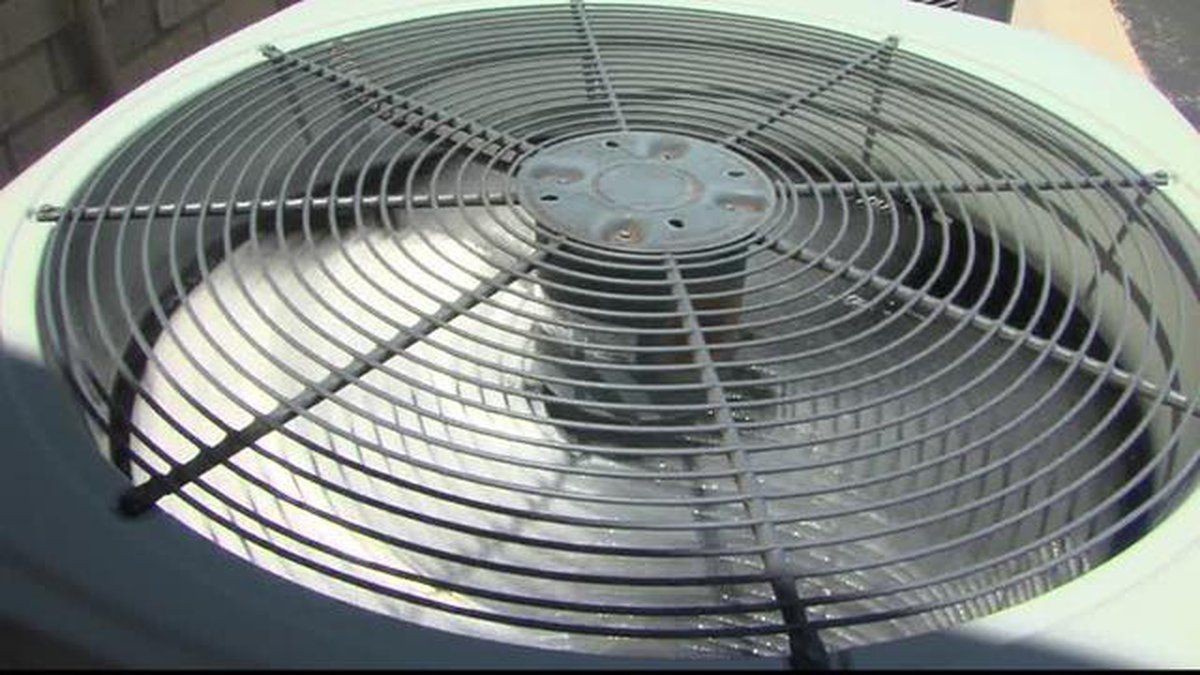

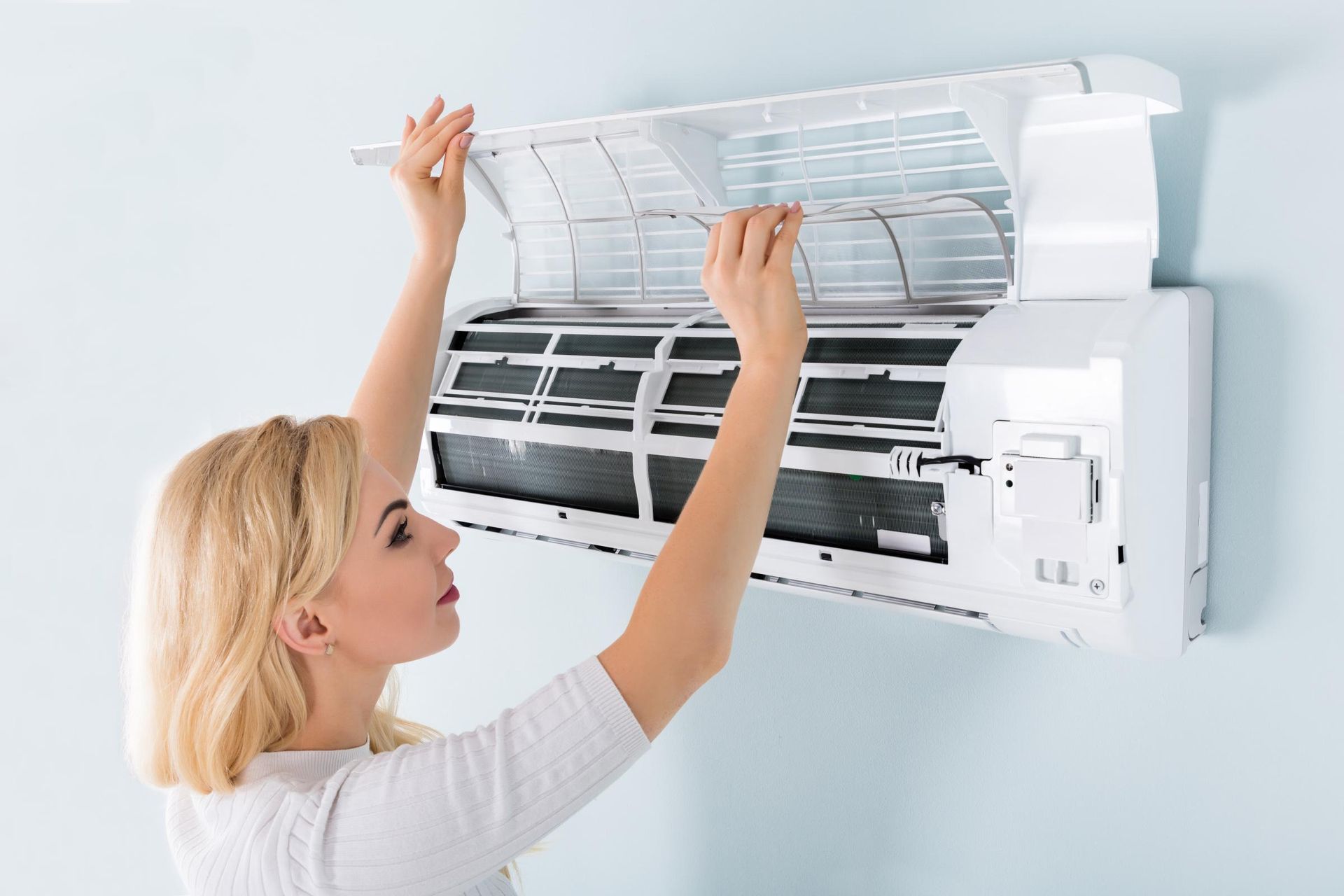
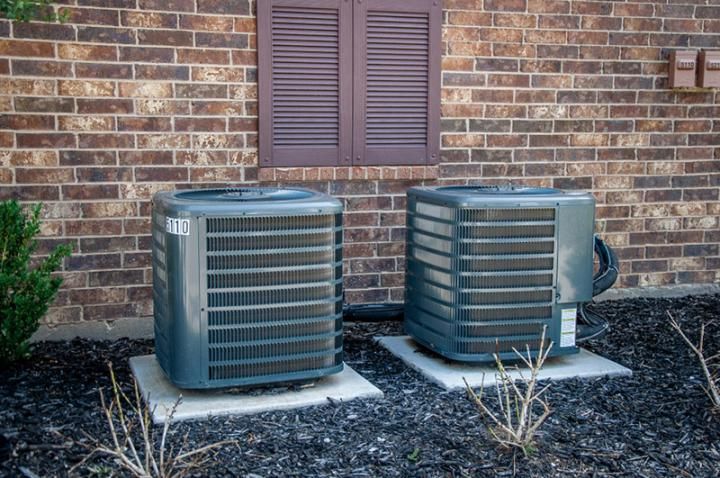

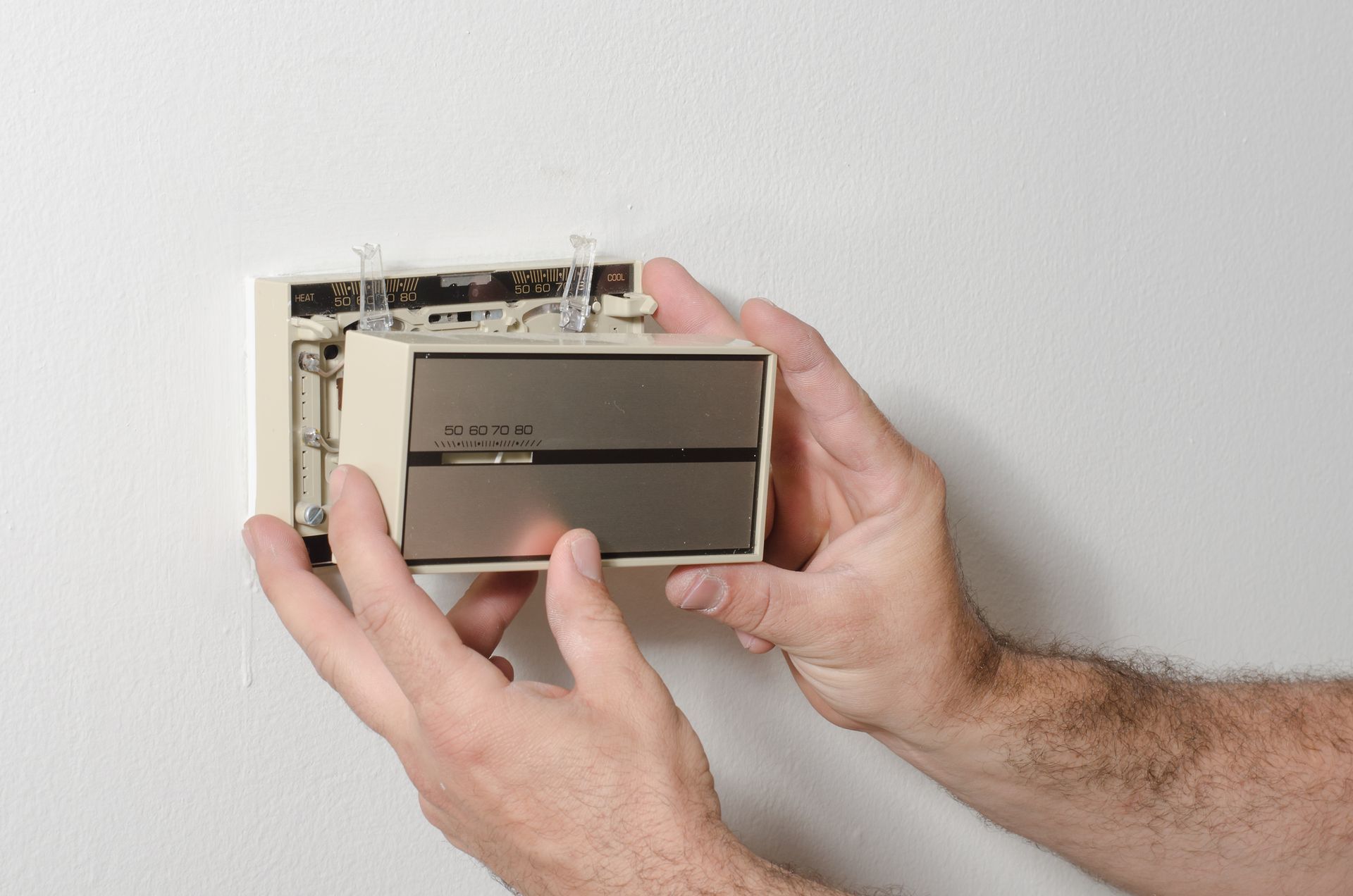

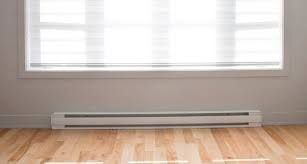
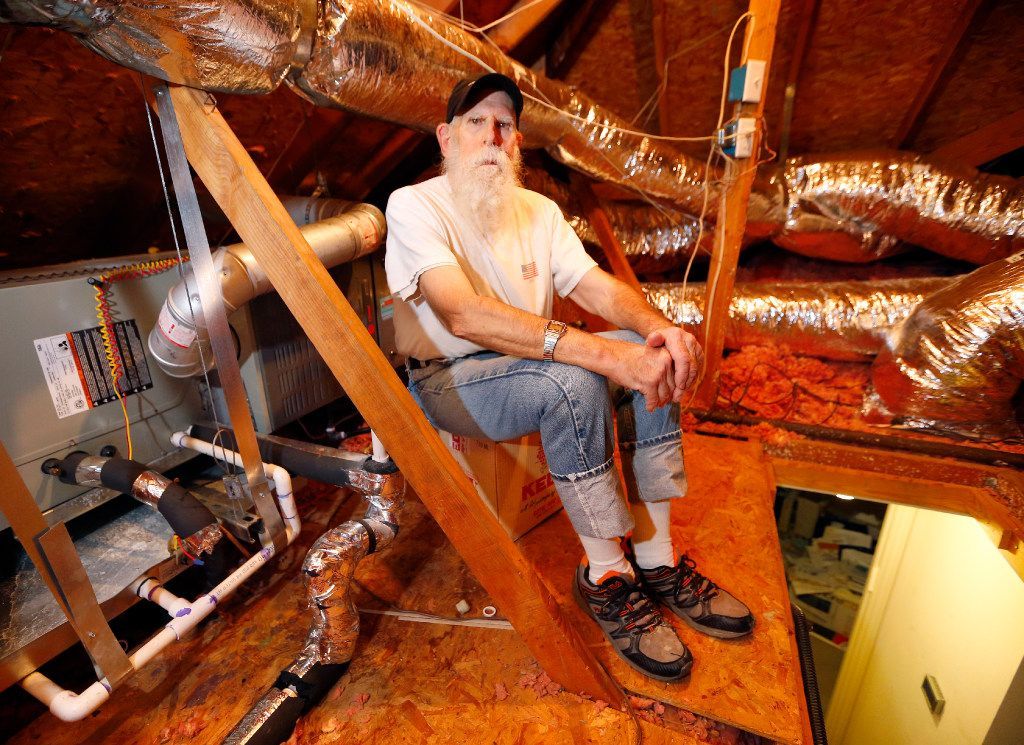

1200 Brickell Avenue Suite 1950, Miami, FL 33131
At 24/7 Local HVAC, we specialize in facilitating connections with top-tier HVAC professionals. Our focus is on bridging the gap between you and reputable HVAC companies operating within your local vicinity. It's important to emphasize that each of these HVAC entities functions independently and autonomously.
We firmly place the onus on every individual user to meticulously verify that any selected HVAC company aligns with the mandated licensing and insurance prerequisites stipulated by the governing authorities in their respective jurisdiction.
Furthermore, it's worth noting that our services may regrettably not cover all geographical areas. In instances where our services are available, the scope of offerings could potentially differ based on the composition of service providers present within that particular region.

